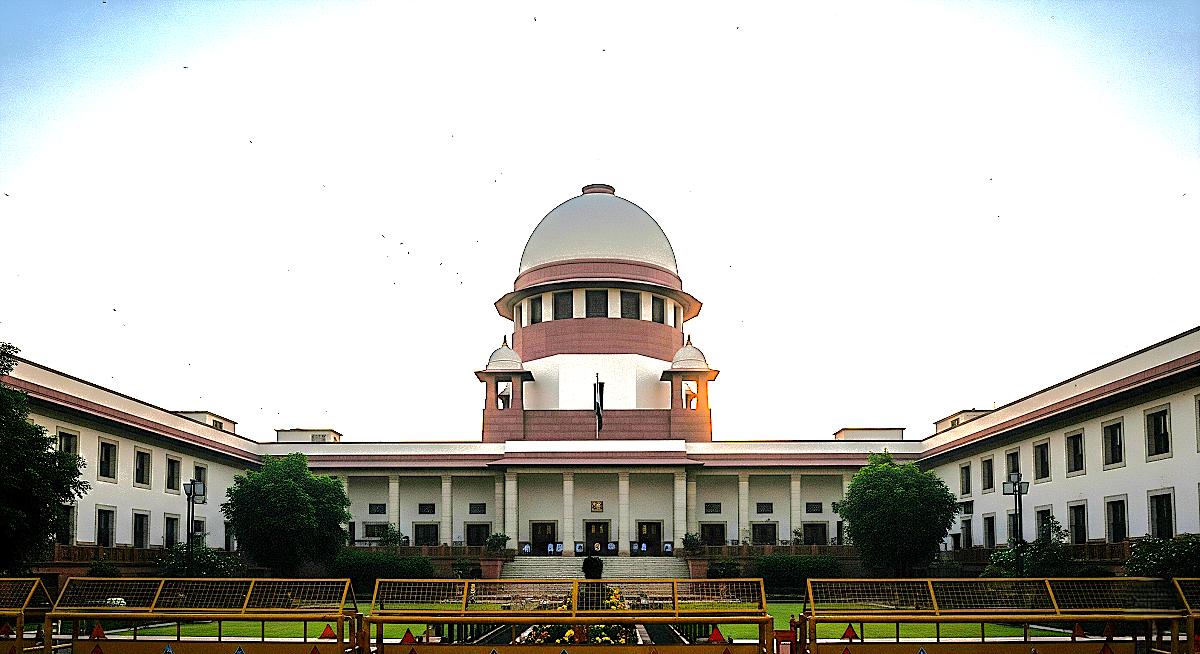Major Provisions of Waqf Act Stayed by Supreme Court
On September 15, 2025, India’s Supreme Court issued an interim order partly staying the implementation of several contentious provisions of the Waqf (Amendment) Act, 2025. While the Court declined to stay the entire Act, it paused key clauses including the five-year Islam practice rule, the enhanced authority of district collectors, and limits on non-Muslim membership on Waqf boards.
Background: What Triggered the Challenge
The Waqf Amendment Act, passed by Parliament and given Presidential assent in April 2025, introduced multiple changes to how Waqf properties are managed.
Key among the changes was a clause that only persons who have been practising Islam for at least five years could create a Waqf (a religious endowment). The Act also expanded powers of collectors to adjudicate certain disputes, restricted non-Muslim membership numbers on Waqf boards and councils, and modified rules on property registration.
Petitions contesting these provisions argued they violate fundamental constitutional rights, including equality (Article 14), freedom of religion (Articles 25 & 26), and non-discrimination. Prominent petitioners include Asaduddin Owaisi, Kapil Sibal, and Rajeev Dhavan.
Noida 13th Floor Tragedy: 12-Year-Old Boy and Mother Die in Balcony Fall
What Supreme Court Decided – Provisions Stayed and Reasoning
In its interim order, a bench led by Chief Justice B. R. Gavai and Justice A. G. Masih stayed the following provisions until further rules are framed:
- The requirement that a person must have been practising Islam for five consecutive years before creating a waqf via formal deed.
- Provisions empowering district collectors to decide whether property claimed as waqf is actually government property or otherwise, and adjudicate rights of third parties. Those powers are paused.
- Restrictions on how many non-Muslims can serve on State Waqf Boards or Central Waqf Councils; the cap is suspended until new rules or clarifications are provided.
The Court noted it was not persuaded that any one petitioner had made out a case to stay the entire law, invoking the principle of presumption of constitutionality for parliamentary statutes.
Reactions and Legal Implications
The Centre welcomed the order, with Parliamentary Affairs Minister Kiren Rijiju saying that the decision shows Parliament’s intentions are respected.
Opposition leaders and several Muslim organisations regard the stay as a vindication of concerns over religious freedom and possible overreach. They say the “Islam practice” clause, in particular, could have been discriminatory without clear norms on how “practising Muslim” is defined.
Legal experts point out that the interim order may set a precedent: laws that tie religious identity or practice to legal benefits or property rights will face stricter scrutiny unless the government ensures procedural clarity and safeguards.
What It Means for Waqf Boards, State Governments, and Stakeholders
For Waqf boards across India, the stay means that certain new powers or restrictions cannot yet be enforced. State governments now need to frame rules — for instance, to define what qualifies someone as a “practising Muslim” for five years.
The decision also temporarily limits district collectors from unilaterally adjudicating status of waqf properties without tribunal oversight. Stakeholders will be watching how long the interim stay lasts and how government rules are developed.
For citizens and property owners, the ruling offers relief in cases that may have been affected by the new provisions, giving more time before strict enforcement. It also emphasizes legal safety for those who may have been concerned about sweeping changes under the Amendment Act.
FAQs
A: The Court stayed provisions including the clause mandating “five years of practising Islam” to create a Waqf, district collectors’ powers to adjudicate disputes, and limits on non-Muslim membership in Waqf boards/councils.
A: No. The Court declined to stay the entire Waqf (Amendment) Act, 2025, citing the presumption of constitutionality of laws enacted by Parliament. Only certain provisions were stayed.
A: Opponents argue those provisions violate constitutional guarantees of equality, non-discrimination, and religious freedom. The “practising Muslim” clause was particularly contested for being vague and potentially exclusionary.
Sources: Economic times
NDTV









